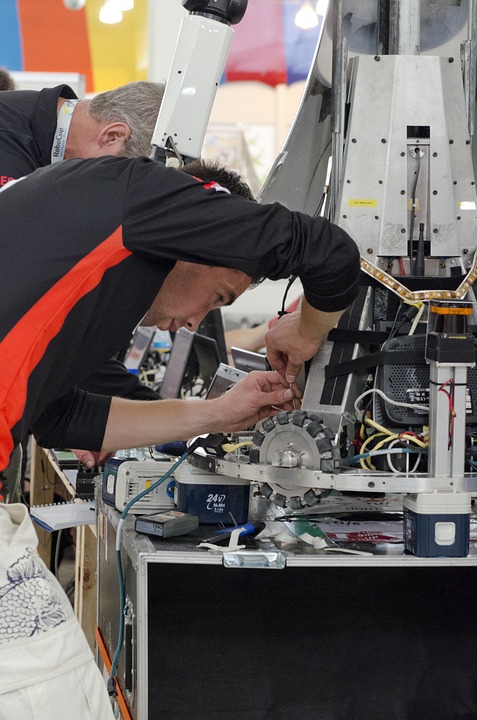
The labelling sector is one of the field with the highest environmental impact. Just think about the amount of paper and chemicals employed to produce labels rolls, and the percentage of waste produced after the labels are used. Fortunately, innovative technologies are being developed to guarantee greener products also in this field.
The leading technology is called Linerless and consists in an innovative way to produce labels rolls. We talked about it with Errebi – Rotolificio Bergamasco, one of the European companies that pioneered the introduction to the market of Linerless products. What is exactly Linerless technology?
Thermal paper rolls and labels produced with Linerless technology are made without the Liner, the traditional support deriving from chemicals and silicones, until now the fulcrum of the production of all articles related to professional labelling. Eliminating the Liner guarantees a host of economical and environmental advantages, that we are now going to list in more detail.
The advantages of Lineress technology
- Less material is used: with the thermal paper rolls used so far, the Liner was essential to make the adhesive part. With Linerless thermal paper rolls, the adhesive is automatically applied directly to the back of the paper surface, making the Liner no longer necessary.
- Space savings: by removing the Liner, much of the bulk of the new thermal paper rolls is reduced. Thanks to the elimination of the Liner almost half of the printable surface is available in addition. This means that, for example, in the space where traditional thermal paper rolls could host about 100 labels, Linerless rolls can print about 200 labels. In addition, a significant number of labels with different sizes can be replaced by a single roll. All these elements lead to increased productivity and major consequences such as longer roll life, a reduction in storage and transport costs and in the work needed to manage these processes.
- No more Liner disposal costs: disposal of the chemical support requires appropriate and controlled processes and increase the environmental impact of the labelling activity. Obviously, all of these have a cost, and they subtract time and resources to the business. On the other hand, Linerless paper rolls completely eliminate these costs and bring great benefits to the environment.
- Reduction of carbon dioxide emissions: thanks to the items listed above, one of the greatest advantages of Linerless products is to guarantee a massive reduction in CO2 emissions in the atmosphere. Much of this reduction is due to the elimination of complex Liner disposal processes, the cut in transport and storage operations, the savings related to the production processes and, finally, the small quantities of material necessary to produce Linerless rolls.





Leave a Comment